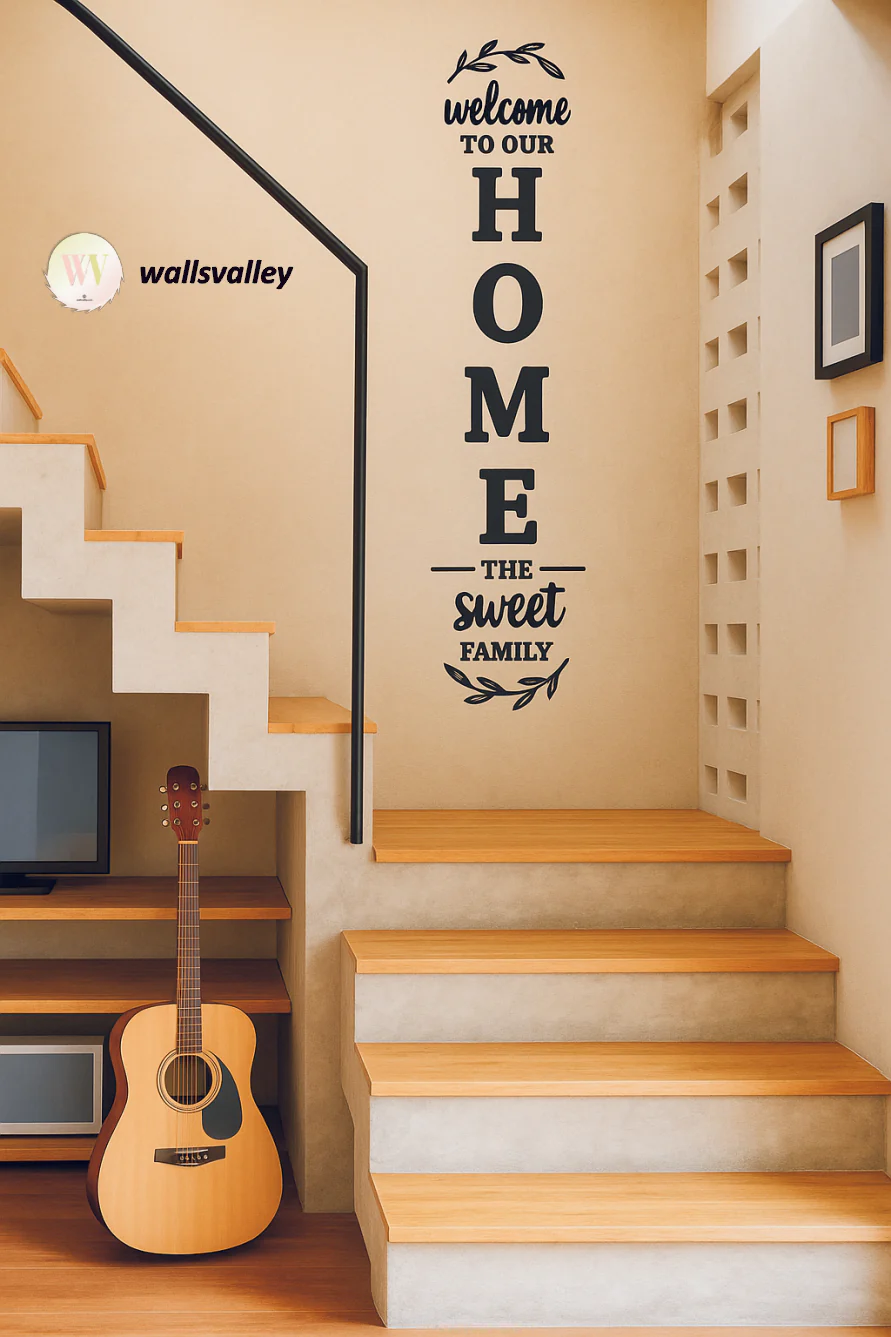Applied Behavior Analysis (ABA) therapy is more than just a method used to support children with autism in academic environments. While it’s known for helping improve learning and classroom behavior, ABA therapy goes far beyond the classroom. In fact, programs like beyond infinity aba are working hard to ensure that children build important life skills that help them thrive in everyday life. From brushing teeth to making friends, ABA therapy creates real, lasting change that can improve the quality of life for children and their families.
Understanding ABA Therapy
ABA therapy is a science-based approach that focuses on understanding how behavior works. It uses positive reinforcement to teach new skills and reduce behaviors that may interfere with learning or social interaction. Each child’s program is tailored to their specific needs.
Learning Self-Care Skills
One of the key ways ABA therapy builds life skills is by teaching children how to take care of themselves. This includes brushing teeth, bathing, dressing, and using the bathroom. These skills are taught step by step until the child can do them independently.
Improving Communication
ABA therapy helps children communicate their needs, wants, and emotions. Whether it’s learning to speak, use sign language, or communicate through pictures, these skills make daily life easier and less frustrating for both the child and their family.
Developing Social Skills
Social interaction doesn’t always come naturally to children with autism. ABA therapy teaches important social behaviors like taking turns, making eye contact, and greeting others. These skills help children make friends and feel more comfortable in social settings.
Building Emotional Control
Children also learn how to manage their emotions. ABA therapists teach ways to calm down when upset, recognize different feelings, and respond to challenges in a healthy way. This emotional support is important for success at home and in the community.
Encouraging Independence
One of the main goals of ABA therapy is helping children become more independent. This might mean learning to pack a lunch, tie shoes, or follow a routine. Independence gives children confidence and prepares them for future responsibilities.
Teaching Safety Awareness
Knowing how to stay safe is a major part of life skills training. ABA therapists teach children how to recognize danger, follow safety rules, and ask for help when needed. These lessons are vital both inside and outside the home.
Daily Routine and Time Management
ABA therapy also focuses on creating and sticking to daily routines. Children learn how to follow schedules, manage time, and move smoothly from one task to another. These habits are helpful not just at school but in all areas of life.
Support Through Center Based ABA Therapy
In many cases, children receive therapy at a professional setting through Center Based ABA Therapy. This gives them a chance to practice their skills in a structured, supportive environment. Centers also offer a range of tools, activities, and trained staff to help guide each child’s progress.
Helping in the Community
Beyond home and school, ABA therapy supports children in learning how to behave in public spaces like grocery stores, parks, and libraries. They practice using manners, waiting in lines, and interacting with others in real-world situations.
Training for Parents and Families
ABA therapy also includes training for parents and caregivers. Families learn how to use the same techniques at home, creating consistency and better outcomes. This teamwork helps children reach their full potential faster and more effectively.
Adjusting to Changes
Children often struggle with changes in routine. ABA therapy helps them prepare for new environments, different people, and unexpected events. This flexibility makes transitions smoother and reduces stress for everyone involved.
Using Play to Learn
Play is a big part of learning. ABA therapists use play to teach children how to share, imagine, and cooperate with others. It’s a fun and natural way for children to build social and problem-solving skills.
Preparing for the Future
ABA therapy doesn’t just focus on the present. It helps prepare children for the future by building a strong foundation of life skills. Whether it’s getting ready for high school, a job, or simply living more independently, these lessons last a lifetime.
Conclusion
ABA therapy is a powerful tool that helps children grow in many ways. It goes far beyond the classroom to build life skills that truly matter. With the help of programs like Beyond Infinity ABA, children can reach their full potential and live more confident, independent lives. Life skills taught through ABA don’t just support education—they shape a brighter future.









Leave a Reply